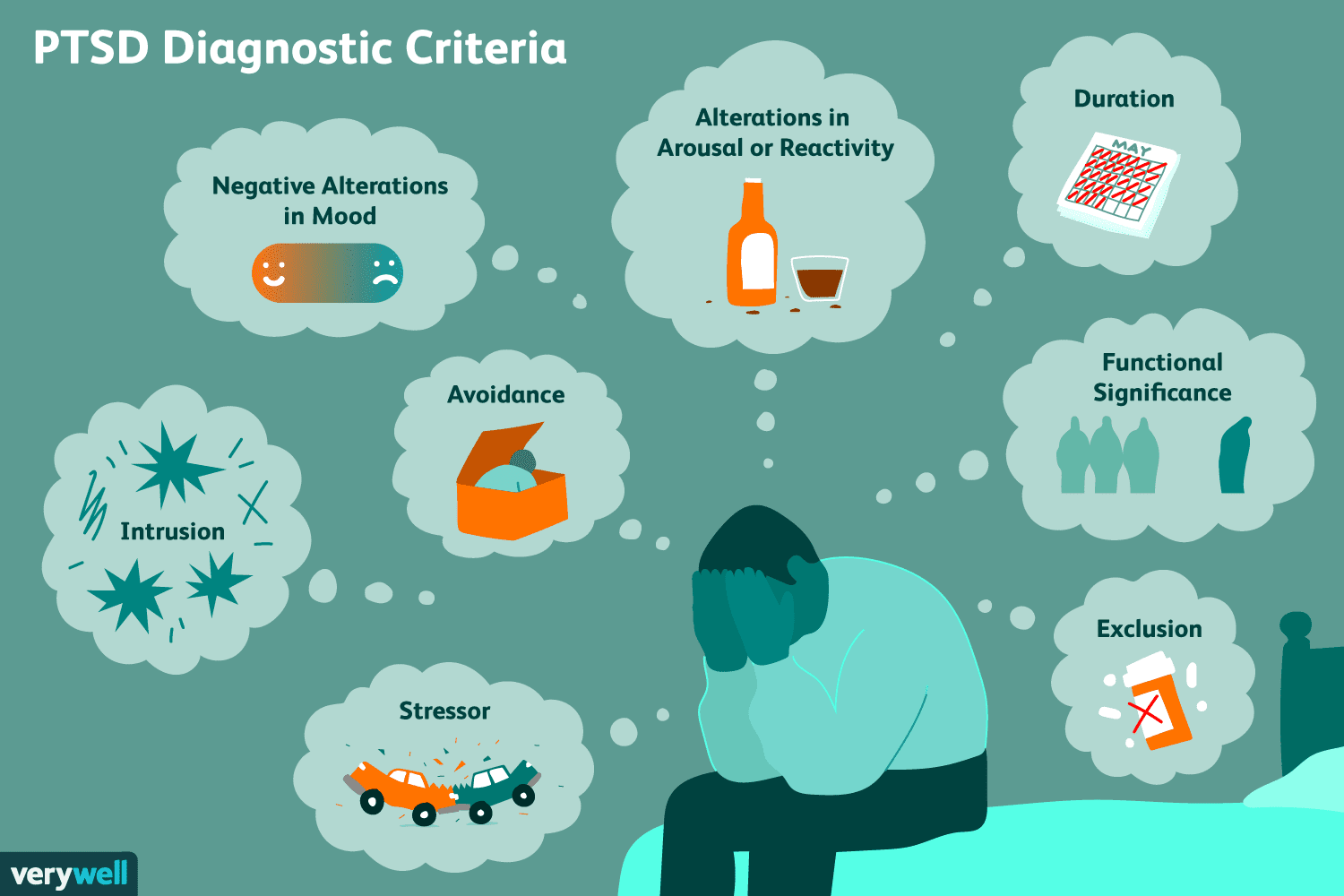Post-Traumatic Stress Disorder (PTSD) is a severe mental health condition that affects millions of people worldwide. It can occur after experiencing or witnessing a traumatic event such as military combat, natural disasters, serious accidents, or violent personal assaults. PTSD can disrupt your life, making it challenging to perform daily activities, maintain relationships, or even find joy in things you once loved.
PTSD manifests in various ways, and its symptoms can be debilitating. According to the National Institute of Mental Health, approximately 7-8% of the population will experience PTSD at some point in their lives. The symptoms are categorized into four main types:
- Intrusive Memories: Recurrent, unwanted distressing memories of the traumatic event, flashbacks, and nightmares.
- Avoidance: Avoiding places, activities, or people that remind you of the traumatic event.
- Negative Changes in Thinking and Mood: Emotional numbness, hopelessness about the future, memory problems, and difficulty maintaining close relationships.
- Changes in Physical and Emotional Reactions: Being easily startled, feeling tense or “on edge,” difficulty sleeping, and experiencing angry outbursts.
Ignoring PTSD symptoms can lead to severe consequences, including depression, anxiety, substance abuse, and even suicidal thoughts. It’s crucial to seek professional help to manage these symptoms effectively.
Therapy is a proven method to help individuals cope with and overcome PTSD. As a licensed therapist specializing in PTSD, I offer a comprehensive approach tailored to each client’s unique needs. Here’s how I can help:
- Cognitive Behavioral Therapy (CBT): This form of therapy helps you identify and change negative thought patterns and behaviors. By addressing the root cause of your distress, CBT can significantly reduce PTSD symptoms.
- Exposure Therapy: This technique involves gradually exposing you to the trauma-related memories and situations in a safe environment, helping you face and control your fears.
- Eye Movement Desensitization and Reprocessing (EMDR): EMDR is designed to reduce the impact of traumatic memories through guided eye movements, making it easier to process and integrate these memories.
- Group Therapy: Sharing experiences with others who have faced similar trauma can provide immense support and understanding. Group therapy offers a sense of community and reduces feelings of isolation.
With over 10 years of experience in treating PTSD, I have helped countless individuals regain control of their lives. My approach is compassionate, evidence-based, and personalized to ensure the best possible outcomes for my clients. Here are some testimonials from those I have helped:
- “I never thought I could feel normal again after my traumatic experience. Thanks to the therapy sessions, I’ve regained my confidence and can finally move forward.” – Sarah M.
- “The techniques I learned in therapy have been life-changing. I’m now able to manage my symptoms and live a fulfilling life.” – John D.
If you or a loved one is struggling with PTSD, don’t wait to seek help. Contact me today to schedule a consultation and start your journey towards recovery. Your mental health is worth investing in, and together, we can overcome the challenges of PTSD.
Contact Us Now!
Take control of your life today. Let’s work together to overcome PTSD and build a brighter future.

